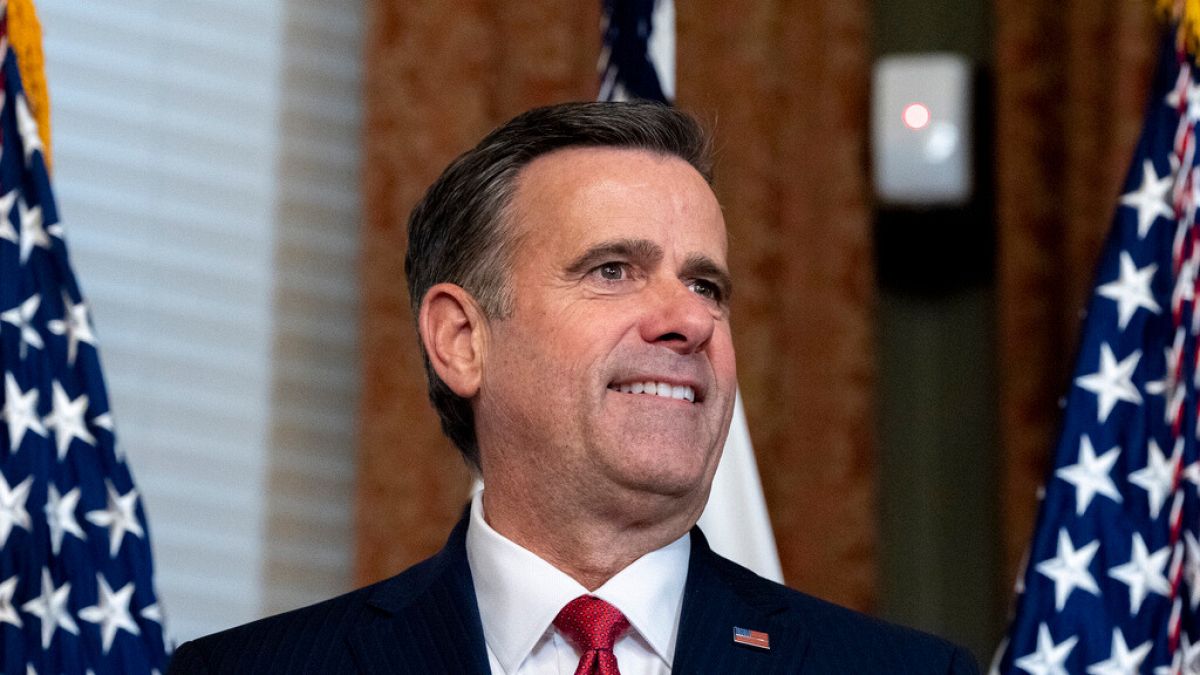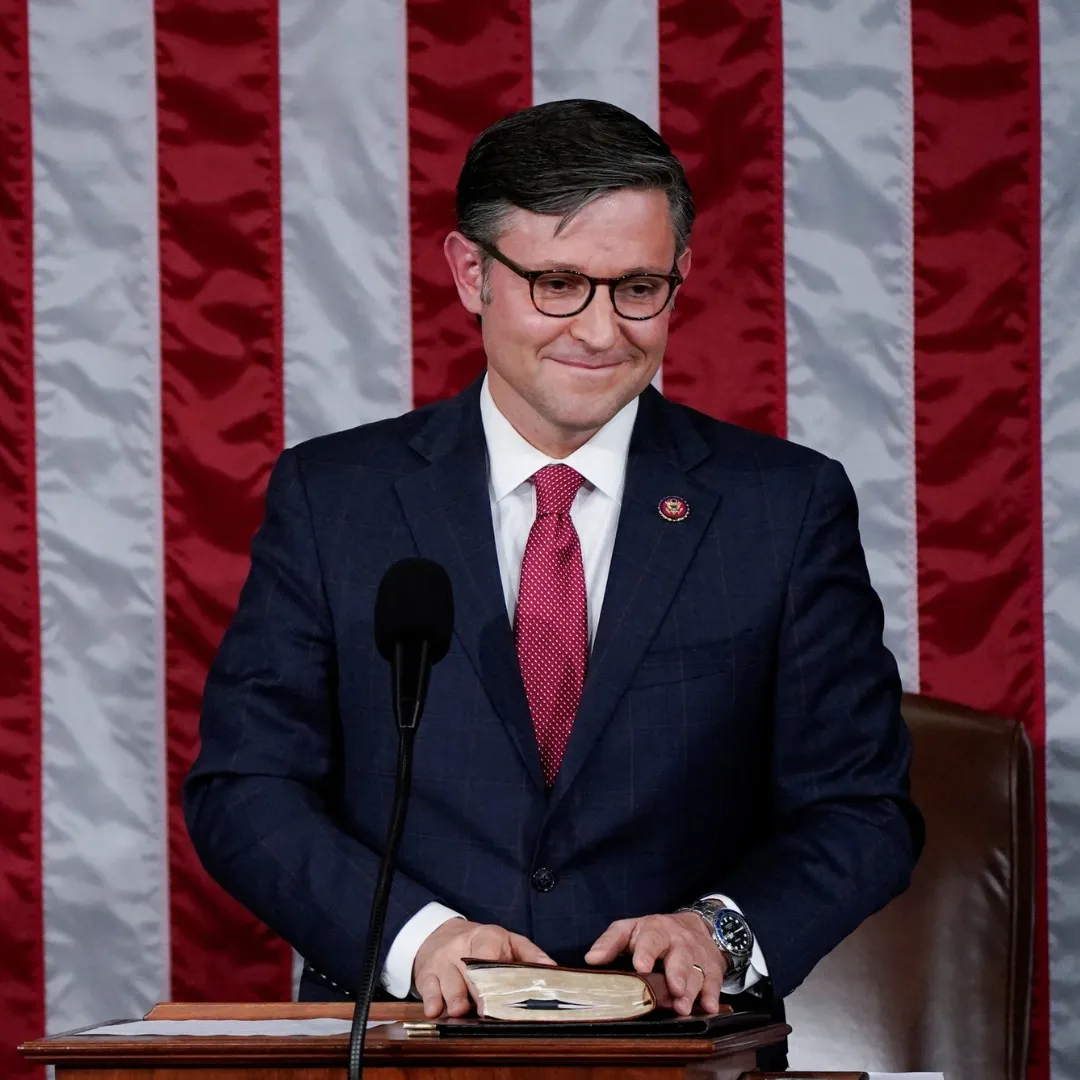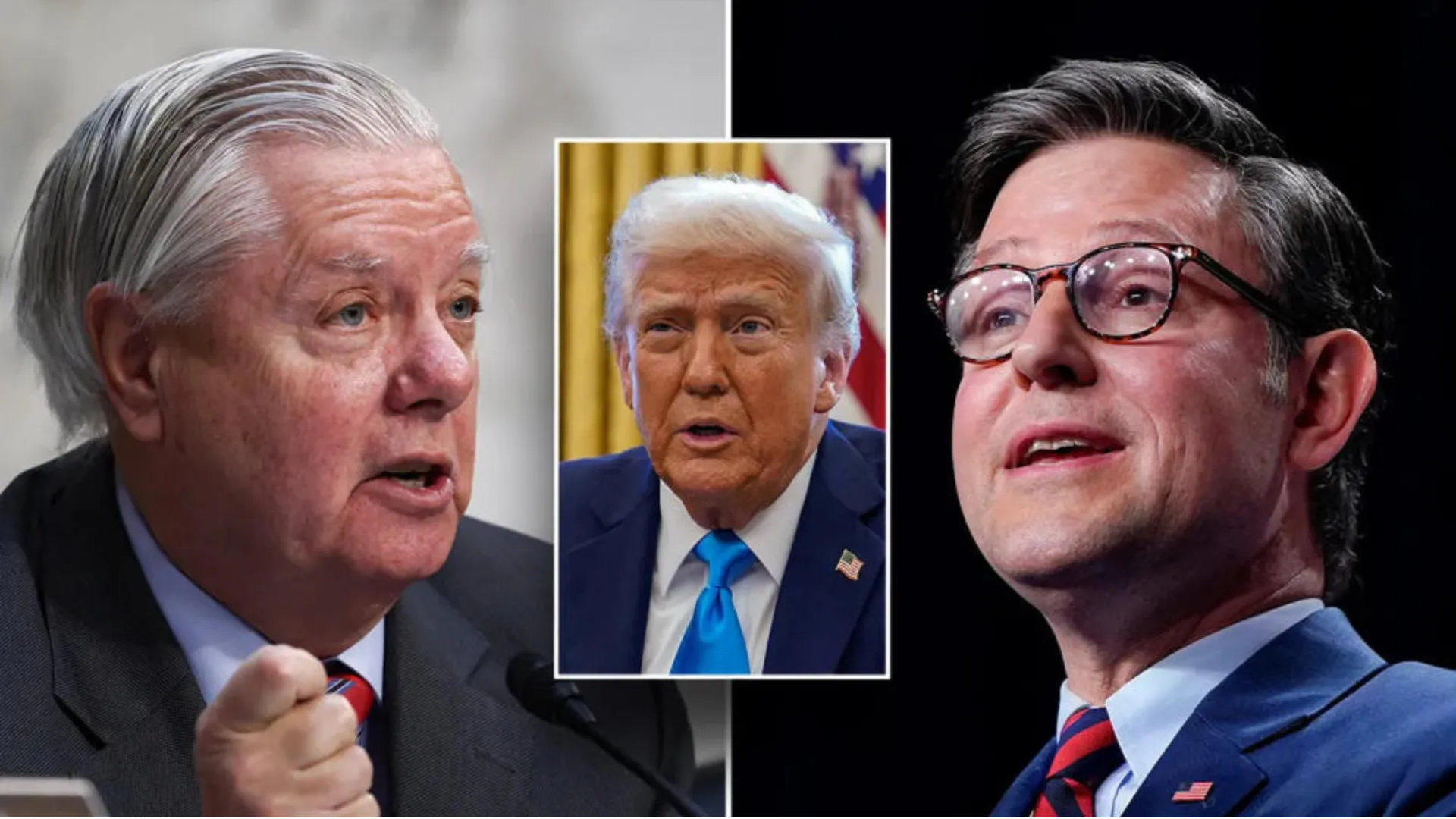
A stunning controversy over a leaked Signal messaging chat involving top Trump administration officials has raised serious questions about the handling of classified information within the U.S. government. On Tuesday, John Ratcliffe, the former CIA director under President Donald Trump, testified before the Senate Intelligence Committee, shedding light on the circumstances surrounding the group chat in which a sensitive military operation was discussed ahead of the March 15 U.S. military strike against Iran-backed Houthi rebels in Yemen.
In his testimony, Ratcliffe blamed the Biden administration for allowing the use of the Signal messaging app for sensitive discussions—a claim that has been vehemently denied by former officials from the Biden White House.
The controversy centers on the use of Signal, a secure messaging app, by top national security officials, including Ratcliffe, who participated in a group chat discussing the details of a planned military operation. The chat, which allegedly included sensitive information on the timing, targets, and weapons to be used in the strike, inadvertently included The Atlantic’s editor-in-chief Jeffrey Goldberg.
Goldberg later reported on the contents of the chat, which included potentially classified information that could have endangered U.S. military personnel if shared with enemy combatants.
The Signal chat controversy began when Goldberg, who had been mistakenly added to the group chat, reported that top officials, including Defense Secretary Pete Hegseth, had shared detailed information about the planned U.S. military strike on Houthi rebels in Yemen. This information, typically classified as top-secret, included specifics about the weapons to be used, the timing of the attack, and the targets of the operation.
Such details are usually tightly controlled to protect military personnel and ensure the safety and effectiveness of operations.
In his report, Goldberg highlighted the level of detail shared in the chat, describing how the discussion outlined the specific sequence of events and the weaponry involved in the strike. According to Goldberg’s account, the chat occurred just hours before the bombs began to fall, and it provided an alarming level of transparency about the military operation.
While the information shared in the group chat was classified in nature, the discussion occurred on Signal, a commercial messaging app that some security experts argue may not be secure enough for transmitting sensitive or classified information. The issue of security around the use of Signal has become a central point of contention in the debate over whether these discussions were appropriately handled by U.S. officials.
In his testimony, Ratcliffe strongly defended the use of Signal by his team during the Trump administration, suggesting that the practice of using Signal for official communications was not new and had been approved prior to the Biden administration taking office. Ratcliffe explained that on his first day as CIA director, officials installed Signal on his work computer and informed him that the app was a “permissible work use” for certain purposes.
“This is a practice that preceded the current administration to the Biden administration,” Ratcliffe told the Senate Intelligence Committee. He argued that the use of Signal was justified by its end-to-end encryption, which he claimed made it a secure platform for official communications.
He also suggested that the information shared in the chat was not as sensitive as critics have made it out to be, downplaying the significance of the leaked details.
However, Ratcliffe’s explanation has been met with skepticism. Former officials from the Biden administration quickly denied his claims, stating that Signal had never been allowed on government devices during their time in office.
“We were not allowed to have any messaging apps on our work phones,” said one former senior national security official, speaking on condition of anonymity. “And under no circumstances were unclassified messaging apps allowed to be used for transmission of classified material. This is misdirection at its worst.”
Ratcliffe’s defense of Signal’s use also raised questions about the security practices in place during his time as CIA director. The messaging app, while secure in some respects, has been criticized by security experts for vulnerabilities that could potentially be exploited by adversaries.
A recent advisory from the U.S. intelligence community warned against using Signal for official communications due to a newly discovered vulnerability that could allow hackers to spy on encrypted conversations.
The security concerns surrounding Signal were highlighted in an intelligence community advisory issued last month. The advisory, obtained by HuffPost and later reported by CBS, warned that Russian professional hacking groups were using the “linked devices” feature in Signal to spy on encrypted conversations.
This development raised alarms among national security officials, who cautioned against using third-party messaging apps like Signal for the transmission of unclassified information.
The advisory explicitly stated that “third-party messaging apps” like Signal “are NOT approved to process or store nonpublic unclassified information.” The language in the advisory indicates that the use of Signal for official communications was restricted during the Biden administration and suggests that the group chat, which included Ratcliffe and other senior Trump administration officials, took place over personal devices instead of government-issued phones.
This revelation raises serious questions about the security of the information shared in the chat and whether the use of Signal was appropriate in this context. The fact that these discussions took place on personal devices, which may not have been subject to the same security protocols as government-issued phones, is a major concern for national security.
One of the most curious aspects of the Signal chat scandal is the involvement of Jeffrey Goldberg, the editor-in-chief of The Atlantic. Goldberg, who has long been a respected reporter on national security matters, was reportedly invited into the group chat by Mike Waltz, who at the time was serving as a national security advisor in the Trump administration.
According to Goldberg, he was added to the chat by Waltz, though he was not clear on how or why he was included in the conversation.
“We are looking into and reviewing how the heck he got into this room,” Waltz said in response to questions about Goldberg’s inclusion in the chat. He expressed surprise at Goldberg’s presence in the group and suggested that the inclusion was a mistake.

Waltz’s comments were made during a White House meeting with President Trump and U.S. ambassadors, further adding to the sense of confusion surrounding the leak.
The presence of Goldberg in the chat has raised further questions about the handling of sensitive information within the Trump administration. While Goldberg has stated that he did not intentionally seek out the information shared in the chat, the fact that he was included raises concerns about the level of access that reporters and other outsiders had to classified discussions.
For many, this situation exemplifies the lack of proper security protocols and oversight during Trump’s tenure in office.
In response to questions about the Signal chat and whether Waltz should apologize for the leak, President Trump dismissed the issue, saying that no apology was necessary. “No, I don’t think he should apologize,” Trump said during a press conference. “I think he’s doing his best. It’s equipment and technology that’s not perfect, and probably he won’t be using it again, at least not in the very near future.”
Trump’s reaction to the situation has been seen as a deflection, with critics arguing that the president is downplaying the severity of the breach. By dismissing the incident as a technical mistake and defending Waltz’s actions, Trump appears to be avoiding taking responsibility for the failure to properly secure sensitive information.
The Signal chat scandal has serious political implications for the Trump administration, as it highlights the challenges of handling sensitive national security information. The fact that high-level officials were using an unsecured app to discuss military operations raises questions about the administration’s commitment to safeguarding classified material.
The inclusion of a journalist in the chat only adds to the controversy, as it suggests a breakdown in the protocols meant to protect national security.
For the Biden administration, the controversy provides an opportunity to contrast their approach to handling classified information with that of the previous administration. By emphasizing the importance of strict security protocols and transparency, the Biden team has sought to distance itself from the missteps of the Trump era.
The political fallout from the Signal chat scandal may have far-reaching consequences for the Republican Party, especially as the 2024 election cycle approaches. Voters who prioritize national security and the protection of classified information may view the breach as evidence of a broader failure in the Trump administration’s handling of sensitive matters.





